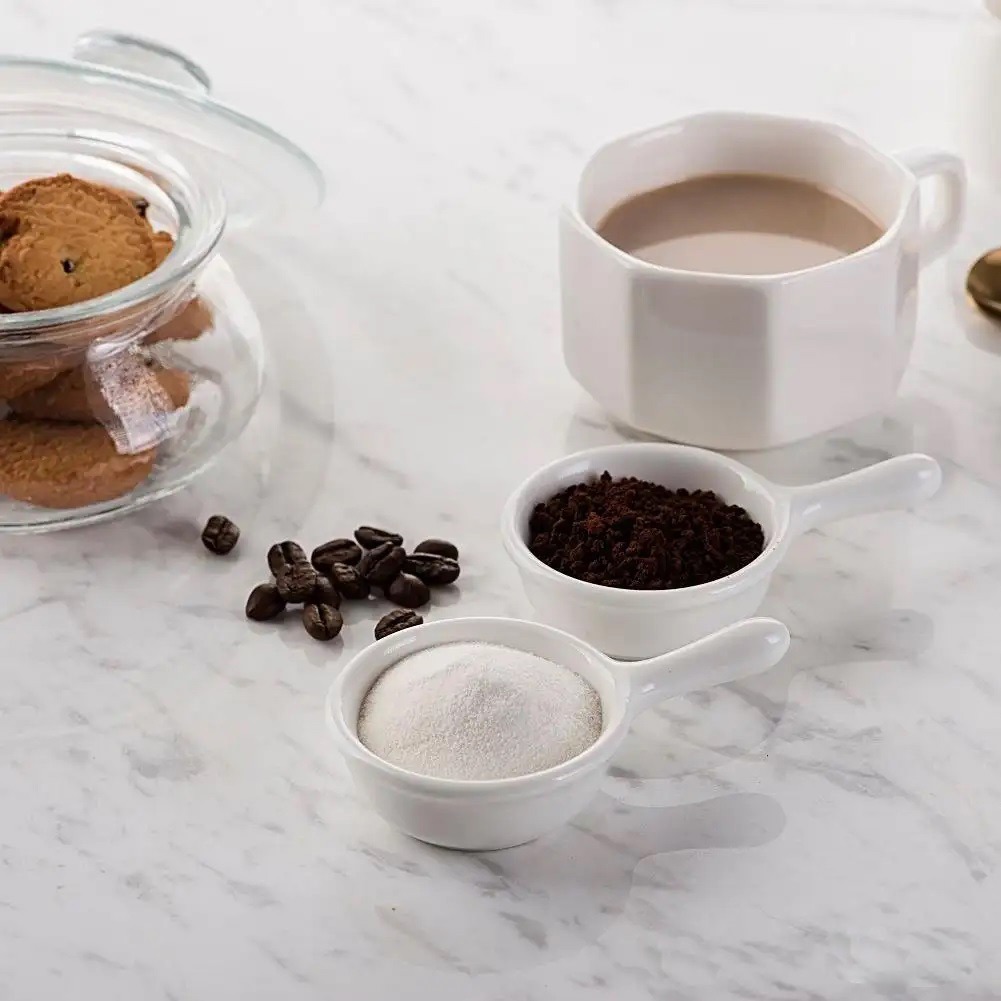Why Astaxanthn Needs To Be Encapsulated As A Food Ingredient
The use of astaxanthin(Haematococcus Pluvialis) as a food ingredient may have a double function. On the one hand, technological functionality, as they present an intense red color that can provide foods with an attractive reddish color. Furthermore, their antioxidant activity would protect food during processing and storage, improving quality. On the other hand, astaxanthin may play a [...]

